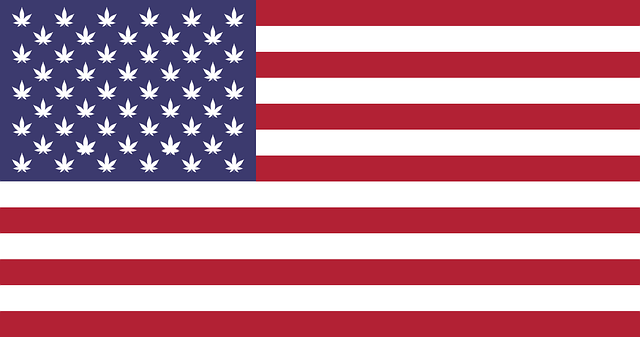2023 has seen a surge in interest around THCA, a non-psychoactive cannabinoid found in the Cannabis sativa plant and the precursor to THC. With its therapeutic potential, particularly for anti-inflammatory and neuroprotective benefits, THCA's legal status is a point of interest and research. In Connecticut, THCA has been legally defined within their state regulations, offering consumers a chance to explore its benefits without the psychoactive effects typically associated with cannabis. The state's medical cannabis program includes THCA-rich products under strict regulatory guidelines that align with federal standards. As part of the state's progressive approach to cannabis reform, Connecticut's Act Concerning Adult-Use Cannabis allows for the legal possession and consumption of cannabinoids like THCA by adults 21 and over. Users are encouraged to consult healthcare professionals and stay informed on local laws to ensure they are using THCA legally and safely. The evolving nature of cannabis legislation underscores the importance of staying updated, as state laws can change over time. THCA's potential benefits and its interaction with other cannabinoids within the 'Entourage Effect' continue to be areas of ongoing research, highlighting the importance of understanding how these compounds work together for optimal therapeutic effects.
Exploring the multifaceted effects of THCA flower, this article delves into its emerging significance within the realm of cannabis use. With a focus on the non-psychoactive precursor to THC, we examine the legal status of THCA in Connecticut and its potential side effects. As THCA gains recognition for its therapeutic properties and complex interactions within the entourage effect, understanding dosage, safety considerations, and the impact on the endocannabinoid system becomes crucial. Our investigation also considers the latest medical research, legal landscapes across the United States, and consumer experiences to provide a comprehensive overview of THCA flower consumption. This article aims to clarify the differences between THCA and traditional THC products, analyze side effects in detail, and offer best practices for maintaining THCA’s quality. Join us as we navigate the benefits and risks associated with this cannabinoid, ensuring informed decision-making based on current evidence and legal guidelines, particularly as it pertains to THCA’s legal status in Connecticut.
- THCA Flower and Its Emerging Role in Cannabis Use
- Understanding THCA: The Non-Psychoactive Precursor to THC
- THCA Legal Status in Connecticut: A Comprehensive Overview
- Potential Side Effects of THCA Flower Consumption
- The Entourage Effect and How THCA Interacts with Other Cannabinoids
THCA Flower and Its Emerging Role in Cannabis Use
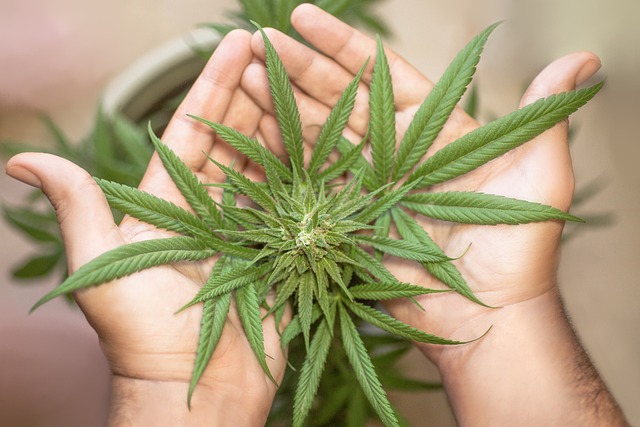
THCA, or Tetrahydrocannabinolic Acid, is a non-psychoactive cannabinoid found in raw cannabis plants, which degrades into THC upon heating. With the evolving landscape of cannabis legality and research, THCA has garnered attention for its potential therapeutic properties. In Connecticut, where the legal status of THCA flower is defined by state regulations, consumers and researchers are exploring the benefits of this compound. Unlike its psychoactive counterpart THC, THCA is being studied for its anti-inflammatory and neuroprotective effects, which may offer relief for a variety of conditions without the traditional ‘high’ associated with cannabis use. As such, THCA flower is becoming a focus for those seeking the potential health benefits of cannabinoids while adhering to legal limitations on psychoactive substances. The emerging role of THCA in cannabis use reflects a broader trend towards targeted and specific cannabinoid therapies, which could lead to new applications and products within the legal framework established by states like Connecticut. Users are encouraged to stay informed about local regulations and consult with healthcare professionals when considering cannabinoids as part of their wellness routine.
Understanding THCA: The Non-Psychoactive Precursor to THC
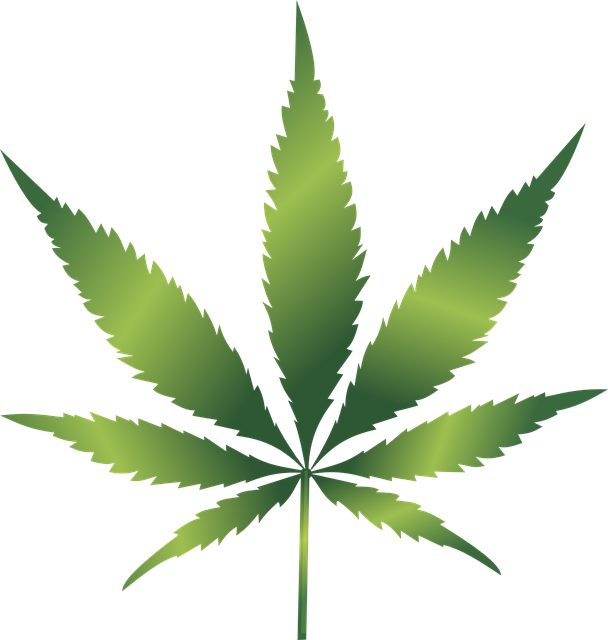
THCA, or tetrahydrocannabinolic acid, is a natural compound found in the Cannabis sativa plant, serving as the precursor to the well-known psychoactive substance THC. While THC is responsible for the ‘high’ associated with cannabis use, THCA itself does not induce psychoactive effects, making it an intriguing subject of research for various therapeutic applications. As interest in cannabinoids continues to grow, substances like THCA have garnered attention due to their potential health benefits and varying legal statuses across different regions.
In the context of legal considerations, the status of THCA-rich products varies by state within the United States. For instance, as of the knowledge cutoff date in 2023, THCA flowers are legally accessible under Connecticut’s medical cannabis program, provided they comply with state regulations and contain less than 0.3% THC on a dry weight basis, aligning with federal guidelines set forth by the 2018 Farm Bill. This legal distinction is crucial for consumers and patients who seek the therapeutic properties of cannabinoids without the psychoactive impact of THC. Connecticut’s approach to regulating such substances underscores the nuanced landscape of cannabis legislation in the U.S., where state laws often diverge from federal policies. Users interested in exploring the benefits of THCA should first consult with healthcare professionals and ensure compliance with local laws.
THCA Legal Status in Connecticut: A Comprehensive Overview
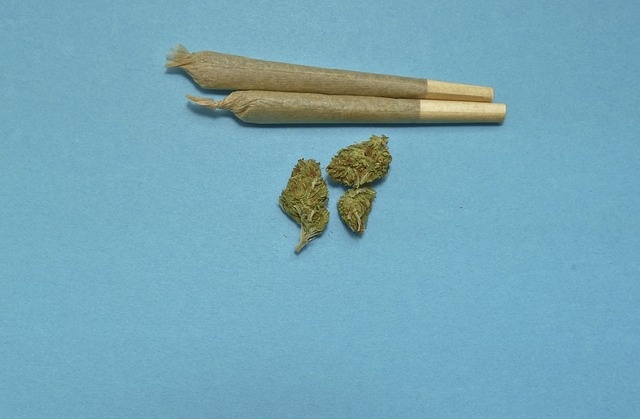
Delta-9-tetrahydrocannabinol acid (THCA) is a non-psychoactive cannabinoid found in raw cannabis plants and is precursor to the well-known psychoactive compound, delta-9-tetrahydrocannabinol (THC). As of the latest updates, the legal status of THCA in Connecticut reflects the broader regulatory framework established by the 2021 Connecticut Act Concerning Adult-Use Cannabis. This act not only legalized cannabis for adult use but also specifically addressed cannabinoids, including THCA. Under the act, it is legal for adults 21 years and older to possess, purchase, cultivate, and consume cannabis and cannabinoids like THCA, provided they adhere to the state’s regulations regarding quantity and location.
Connecticut’s legislative approach to cannabis and its derivatives has been one of progressive reform, leading to a well-defined legal landscape for THCA. The state’s Department of Consumer Protection oversees the sale and distribution of cannabis products, including those containing THCA, within the framework of public health and safety standards. This comprehensive overview of THCA’s legal status in Connecticut is designed to guide users on the legality of this compound, emphasizing the importance of staying informed about any changes to state laws and regulations as they evolve. Users are advised to consult the most current legal guidelines and local ordinances to ensure compliance with all applicable laws.
Potential Side Effects of THCA Flower Consumption

THCA, or tetrahydrocannabinolic acid, is a non-psychoactive cannabinoid found in the cannabis plant that is precursor to THC, the primary psychoactive component. As interest in cannabis and its derivatives grows, so does the curiosity about THCA’s effects. In states where cannabis has been legalized, including Connecticut where THCA is within the scope of legal cannabinoids, consumers are exploring the potential benefits and side effects of THCA flower consumption.
While THCA is generally considered safe, it’s not without its side effects. Some individuals may experience mild adverse reactions upon consuming THCA flowers. These can include dry mouth and eyes, dizziness, or mild anxiety, particularly in those with pre-existing sensitivities to cannabis. It’s also worth noting that THCA has an intoxicating effect once it is heated and converted to THC, so the manner of consumption can significantly influence its psychoactive potential. Users should be cautious about how they consume THCA flowers, as improper heating methods could lead to unexpected psychoactive effects. Those with a history of substance abuse or specific medical conditions should consult healthcare professionals before incorporating THCA flower into their wellness regimen. As with any new supplement or medication, it is advisable to start with a low dose and monitor individual reactions, especially given the evolving legal landscape around cannabis products such as THCA in Connecticut.
The Entourage Effect and How THCA Interacts with Other Cannabinoids
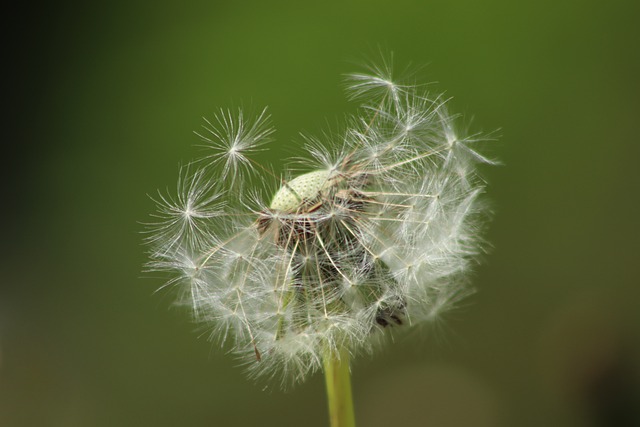
delta-9-tetrahydrocannabinolic acid (THCA) is one of the many cannabinoids found in the cannabis plant, and it’s worth noting its legal status in Connecticut as we explore its properties. THCA itself is non-psychoactive, but it precursors to the more well-known psychoactive compound delta-9-tetrahydrocannabinol (THC) when heated or decomposes over time. The Entourage Effect refers to the synergistic interaction between different cannabinoids, terpenes, and flavonoids within the cannabis plant. This phenomenon suggests that the combined effects of these compounds are greater than the sum of their individual effects, potentially offering a broader therapeutic spectrum. THCA is believed to possess anti-inflammatory and neuroprotective properties, which may be enhanced when present alongside other cannabinoids like CBD and CBN. In Connecticut, where THCA’s legal status is defined by state regulations, the full potential of this compound can be harnessed within the legal framework set forth for medical or recreational use, depending on the individual’s eligibility. The interaction between THCA and other cannabinoids within a product can lead to a more balanced and potentially effective experience for users, highlighting the importance of the Entourage Effect in understanding and utilizing cannabis compounds effectively. This interplay contributes to the diverse effects observed across various cannabis strains and products, which is why researchers continue to study these interactions to optimize their therapeutic benefits.
In conclusion, the emergence of THCA flower as a significant component in cannabis use is marked by its non-psychoactive properties and potential therapeutic benefits. As explored in this article, understanding THCA as the precursor to THC offers insight into its effects and legal status, particularly in Connecticut where its standing has been thoroughly examined. While THCA flower holds promise, it’s crucial for consumers to be aware of its side effects, which can range from minor discomforts to more severe reactions, as detailed in our discussion on the potential impacts of consumption. The intricate interplay between THCA and other cannabinoids within the entourage effect further nuances its influence on well-being. With a growing body of research, users should approach THCA with informed caution, especially given its legal status in states like Connecticut. As legislative frameworks evolve, so too will our understanding and utilization of this promising cannabinoid.
